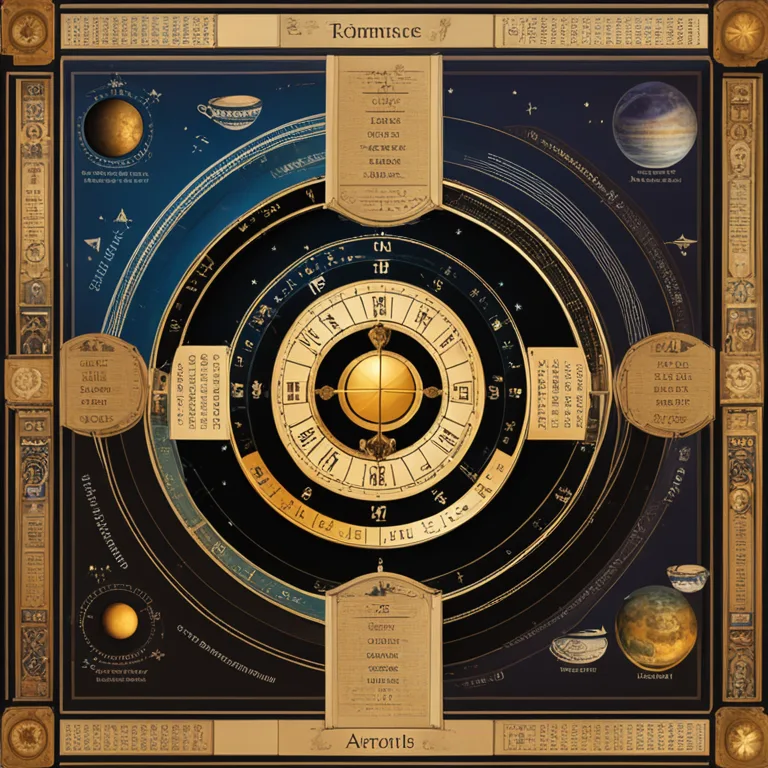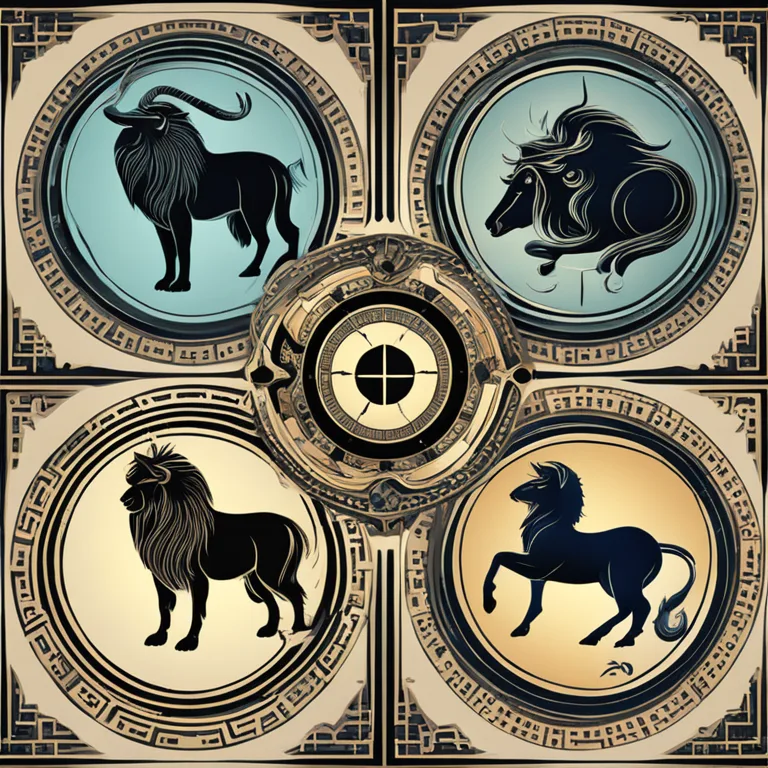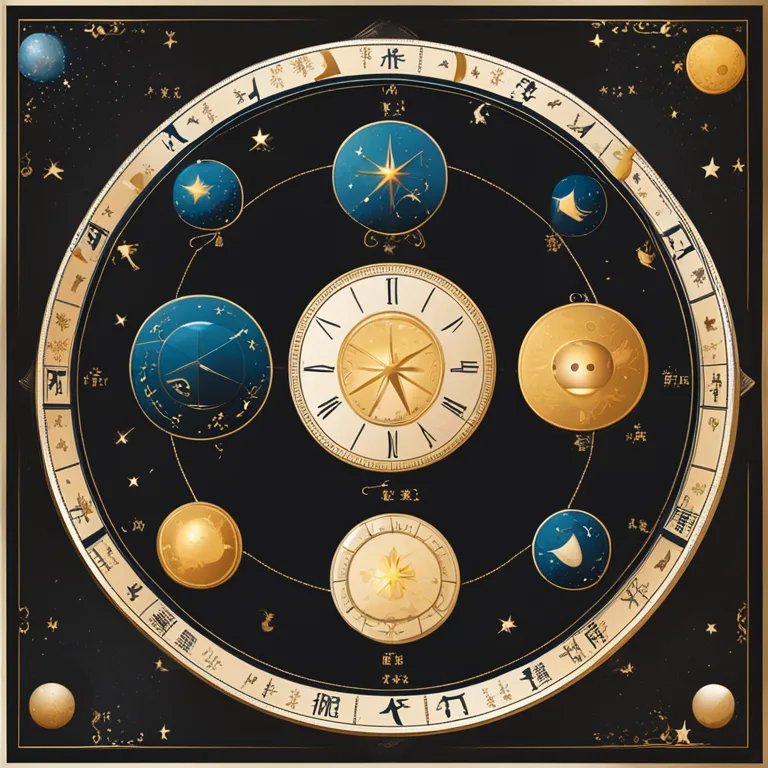
The Evolution Of Zodiac Signs
Discover the ancient roots and historical significance of the twelve zodiac signs that continue to influence astrology today.
article by Sofia Ferguson
A Celestial Blueprint
In our quest to understand ourselves and the world around us, human beings have long looked to the stars. The practice of astrology, which includes the study of zodiac signs, has persisted for thousands of years, with civilizations across the globe observing the patterns in the sky. These patterns, or constellations, serve as the foundation for the twelve zodiac signs. Rooted in ancient traditions, each sign correlates with a specific period when the sun is believed to pass through its corresponding constellation. This celestial blueprint offers insight into personality traits, destiny, and life events.

Ancient Astronomers and Astrologers
The zodiac's origins can be traced back to Babylonian astrology, further developed by the Greeks, Romans, and other ancient cultures. These early astronomers and astrologers identified patterns in the heavens and related them to human characteristics and terrestrial events. They noticed that the sun's annual journey through the sky followed a fixed path, which they divided into twelve segments, each named after the constellations encountered along the way. This path, now known as the ecliptic, is the basis for the astrological year that influences forecasts and horoscopes beyond 2024.

Symbolic Meanings and Myths
Each zodiac sign is infused with mythical stories and rich symbolism. For instance, Aries aligns with the tale of the Golden Ram, while Scorpio is linked with the scorpion sent by Gaia to challenge Orion. These narratives, passed down through generations, contribute to the characteristics attributed to each sign. In contemporary astrology, these age-old symbols provide a lens through which we interpret personal traits and tendencies, setting the stage for future-oriented readings and predictions.

Shifting Skies and Signs
While the origins of zodiac signs are anchored in static constellations, the actual sky is dynamic. Due to the precession of the equinoxes, the positions of the constellations have shifted over time. This astronomical phenomenon can affect astrological interpretations, leading to discussions about the relevance and accuracy of traditional zodiac sign dates. Despite these shifts, modern astrology maintains the historical framework, ensuring readings and horoscopes, especially those from 2024 onward, consider contemporary perspective while honoring ancient practices.

Modern Astrology and Relevance
Astrology has seen a resurgence in recent years, with the zodiac signs playing a central role in personal growth and self-discovery for many enthusiasts. While skeptics may question its scientific validity, the psychological insights offered through zodiac sign profiles continue to captivate audiences. As we look to the future, the zodiac signs provide a timeless and evolving tool for examining our place in the cosmos and navigating life's challenges with cosmic guidance.
Published: 12/18/2023
Modified: 12/18/2023
More predictions
Come back here soon to learn more about yourself and your future



